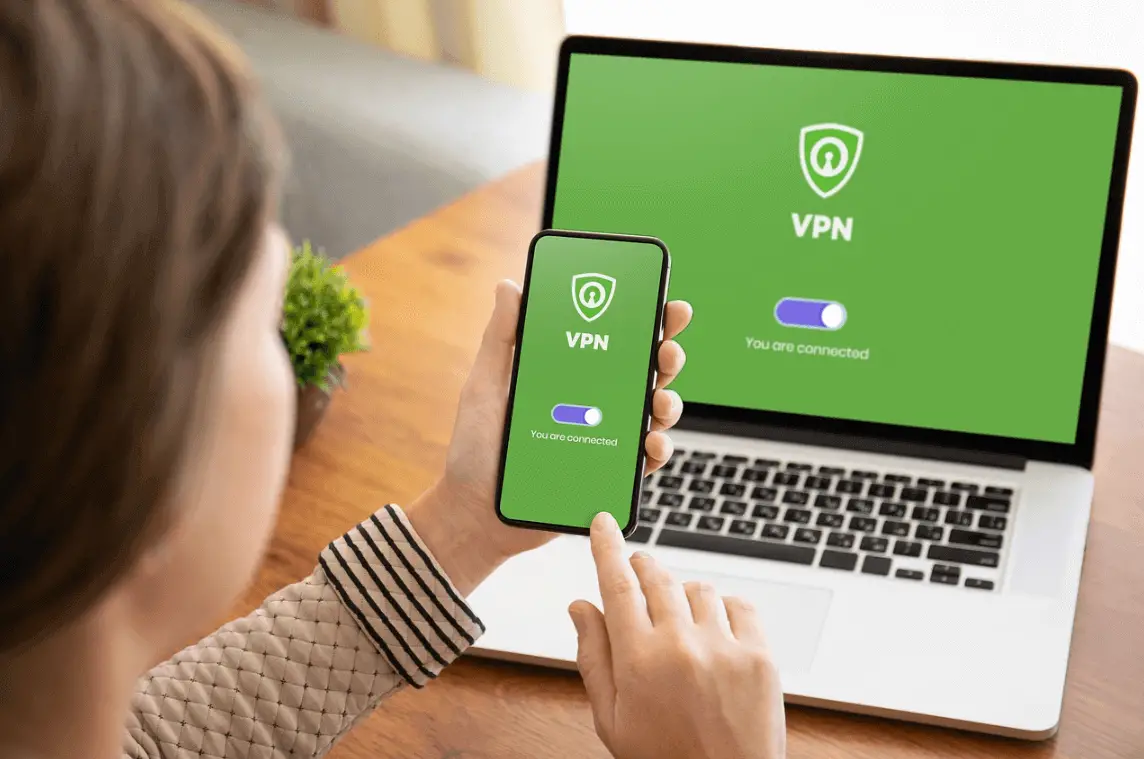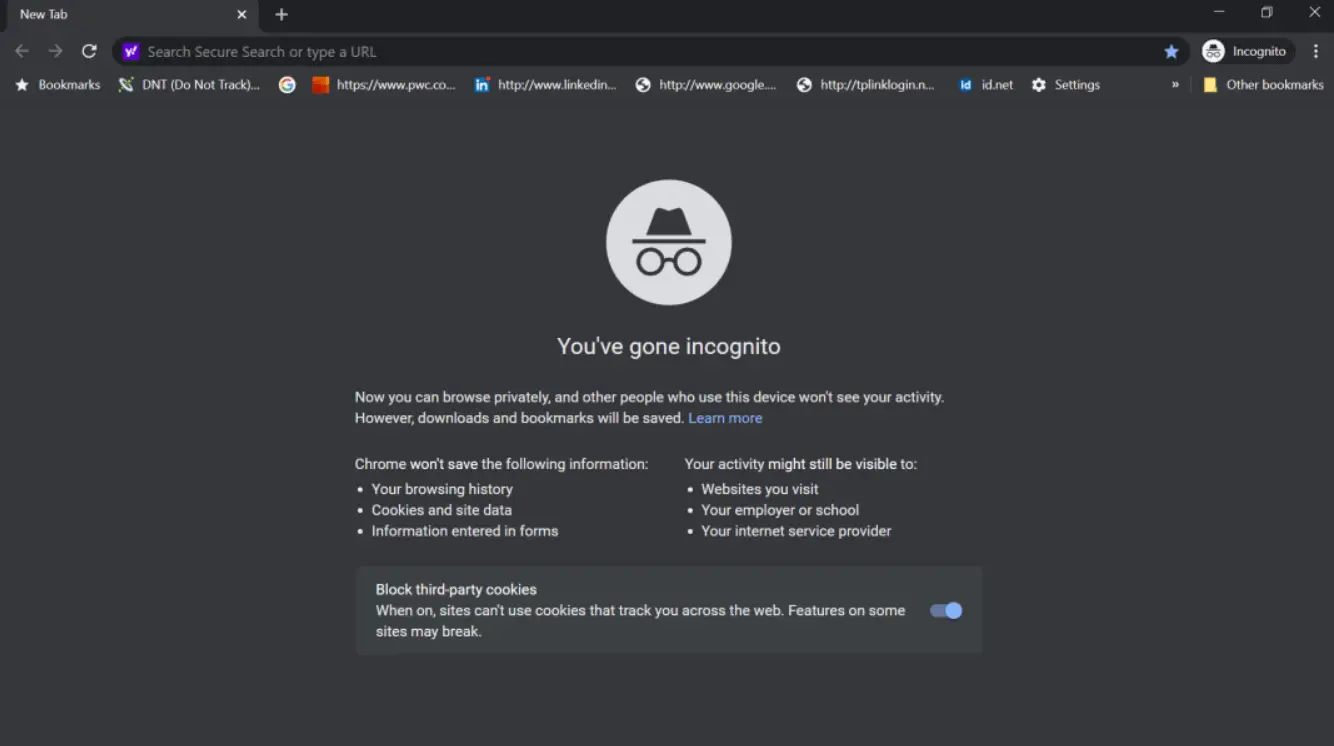As we know that the internet is a treasure of information without which our daily lives seem impossible. From the moment we wake up to sleeping at midnight, we make use of the internet. It simply means that we are living in a giant network of connected websites and devices.
However, with seamless connectivity and information at our fingertips, we are at a high risk of data breach and cyber attacks. But fear not! With a few cunning maneuvers and some tech-savvy, we can navigate this digital world while safeguarding our privacy. So, let us explore some simple but effective tips to maintain online privacy in our lives.
1. Use Strong Passwords
Passwords are our first line of defence in the online world. Avoid using simple passwords like ‘123456’ or things like your name, birth date or vehicle registration number. It’s like giving an open invitation to hackers. Always mix the digits, symbols, uppercase and lowercase letters, to create a hard to guess password. Also, ever use the same password for multiple accounts.
2. Cloak Your Identity with VPNs

Our government, internet service provider and the websites we browse keep an eye on our location and browsing history. Even while streaming movies or TV shows on Firestick or other devices, our location and browsing history is not safe.
Using a VPN can make you safe against these intruders. A VPN acts as a cloak that hides your IP address and makes you appear browsing from a different location. If you stream content from unofficial resources, it is important to use a VPN.
You can install Cyberghost VPN on your Firestick, Fire TV or any other device to hide your location and streaming history from ISPs and third parties. Using a VPN also protects your devices from cyber attacks and hackers.
3. Limit Social Media Sharing
Ah, social media – a double-edged sword in the digital world! While it helps us connect with friends and share exciting adventures, it also attracts cunning data harvesters eager to steal your personal information.
Let’s not share our life’s entire chronicles with the whole world! Keep your privacy settings tight, and avoid oversharing things like your schooling, high school education, marriage, and job history.
4. Verify Links and Emails
Imagine that you receive an email claiming you’ve won a million dollar lottery, and to claim the prize, you need to click on a suspicious link. Oh, the temptation! But hold your spoons – that’s a classic phishing attempt! Always verify the source of emails and links before taking the bait. We don’t want to get hooked like unsuspecting fishes in this digital ocean!
5.Use a Security Software
To safeguard our digital armor, we must equip ourselves with the best security software. Anti-virus, anti-malware, and firewall protection are like a sturdy fortress around our data, keeping intruders and hackers at bay. So, if you are not already using, get ready to install a good quality software that offers protection from viruses, malware and intruders.
6. Manage App Permissions
Our digital gadgets often come with apps that seek various permissions – from accessing our contacts to tracking our locations. It’s like giving keys to our castle to every passing squirrel! Let’s be cautious and review app permissions, allowing only what’s necessary and trimming the tail of any intrusive requests.
7. Use Incognito Mode

Incognito mode – our secret passageway through the densest parts of the internet. It’s like a hidden pathway only we know about! Whenever we wish to wander through sensitive territory, let’s activate this stealthy mode to avoid leaving any footprints behind.
However, you should not access illegal or restricted content using the incognito mode. Your government has the rights to access your browsing and streaming history, whether you use the standard or incognito mode.
8. Secure Your Connections
Picture this: you’re transmitting sensitive data like a secret agent passing confidential information to headquarters. To prevent any risks or theft, you’d want to encrypt your messages, right? Well, it’s crucial in the online world!
Always use encrypted connections (HTTPS) when transmitting sensitive information, like when logging into your online bank or sharing personal details. This encryption shields your data from prying eyes, ensuring it reaches its destination safely, like a message in a bottle thrown into the vast digital ocean!
9. Clear Your Tracks
As we visit various websites, we often encounter clever creatures called cookies that track our every move. While some cookies are harmless, others can lead to targeted ads or even data breaches! So, let’s clear our cookies regularly and keep our devices and data safe from breaches. Browsing incognito can also help us leave no trace behind, ensuring our online path remains as mysterious as a secret map hidden in a dusty old library!
10. Regularly Update Software
In this digital age, even the safest websites, and devices need regular maintenance! Cyber attackers are always seeking loopholes and cracks in our protection. By keeping our software and apps up to date, we patch these vulnerabilities and strengthen our data against potential threats. So, remember to install those updates regularly, to have an updated protection shield around your devices and data.
Summing Up
Remember that safeguarding our digital identities is not a one-time endeavor. It’s a continuous journey, one that requires vigilance, knowledge, and a pinch of humor to keep us sane in this digital world. So, let’s stay vigilant, utilize these time-tested tips, and keep our digital treasure under the strongest security.

